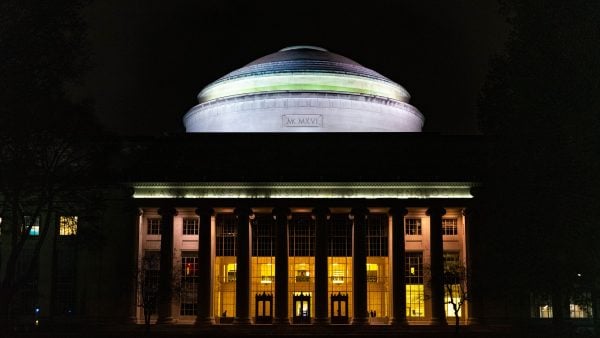The Federal Reserve Bank of Boston announced on Thursday it has formed a multi-year partnership with the Digital Currency Initiative at the Massachusetts Institute of Technology (MIT) for research related to a central bank digital currency. According to the organization, this research project will explore the use of existing, as well as new technologies to build and test a hypothetical digital currency platform.
The Bank further explained that it and MIT have structured the research collaboration into work phases that extend more than two to three years. The first phase will notably involve jointly building and testing a hypothetical central bank digital currency for wide-scale, general-purpose use.
“The objective in this phase will be to determine how to architect a scalable, accessible cryptographic platform to meet the needs of a theoretical U.S. dollar CBDC, including stringent design requirements for speed, security, privacy and resiliency.”
The Bank then noted in later phases, researchers will assess technology trade-offs by coding and testing various architectures, to see how they impact the CBDC’s design goals. The research results will be published jointly with MIT, and the code would be licensed as open-source software, so anyone can use or continue experimenting with it. Speaking about the collaboration with MIT, the Bank stated:
“In parallel to the work with researchers at MIT, the Boston Fed will independently evaluate other systems to understand their potential pros and cons in supporting a central bank digital currency. Before any CBDC could be issued, a separate, extensive policy process would be required.”
Boston Fed President and CEO, Eric Rosengren, further explained that Jim Cunha is leading the Bank’s team in Boston. Rosengren added:
“We are thrilled to be working with the Digital Currency Initiative at MIT and our colleagues in the Federal Reserve System to learn the intricacies of building a CBDC platform.”


